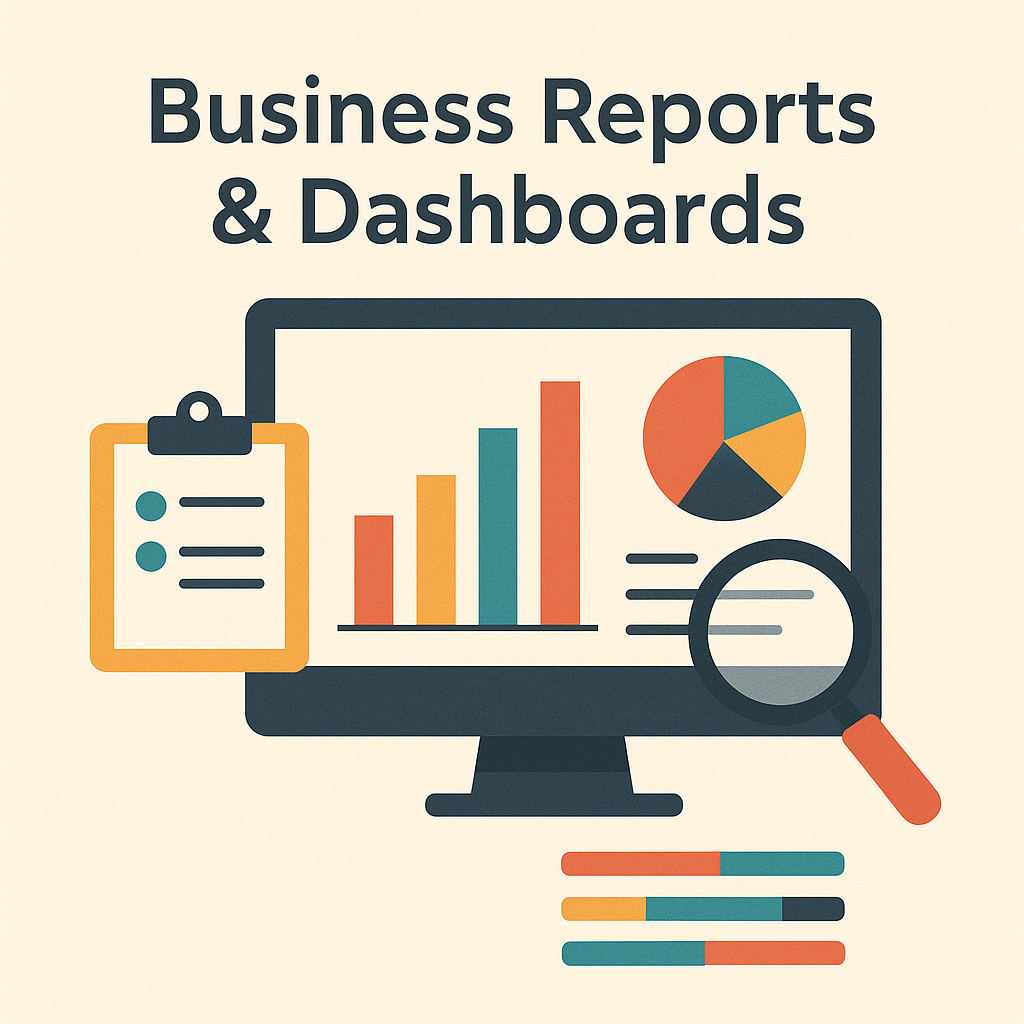In today’s fast-paced, technology-driven world, data is the new oil—and data analysis is the engine that refines it into actionable insights. Whether you run a small local store or a global enterprise, understanding and analyzing data has become a vital part of making smarter, faster, and more profitable decisions.

What is Data Analysis?
Data analysis is the process of examining, organizing, and interpreting raw data to discover meaningful patterns and trends. It helps businesses make informed decisions instead of relying on guesswork or assumptions.
From tracking sales trends to understanding customer behavior and improving operational efficiency, data analysis plays a critical role at every level of business.
Why Data Analysis Matters for Business Growth?
1. Better Decision-Making
Data analysis provides factual insights that help business owners and managers make smart, evidence-based decisions. It reduces the risk of costly mistakes and improves long-term planning.
2. Understand Customer Behavior
By analyzing customer data, businesses can understand what their customers want, when they want it, and how they behave. This allows for better product recommendations, personalized experiences, and improved customer satisfaction.
3. Improve Operational Efficiency
Data can uncover bottlenecks and inefficiencies in business processes. With the right analysis, companies can optimize resources, reduce waste, and increase productivity.
4. Identify Market Trends
Stay ahead of competitors by identifying market trends early. Data analysis helps spot rising demands, seasonal patterns, or potential threats before they impact your business.
5. Enhance Marketing Strategies
Track the performance of marketing campaigns, identify which channels bring the most ROI, and adjust strategies accordingly. This ensures that every marketing dollar is well spent.
6. Drive Innovation
Data can reveal new opportunities—whether it’s launching a new product, entering a new market, or redesigning services based on customer feedback.
Real-World Examples:
- Amazon uses data analysis to recommend products based on previous purchases.
- Zomato and Swiggy analyze user behavior to optimize delivery and food recommendations.
- Small retail stores use sales data to decide which products to stock more often.
Final Thoughts:
In the digital age, businesses that leverage data have a clear advantage over those that don’t. Data analysis is no longer optional—it’s essential.
Whether you’re running a startup, a local business, or a large company, investing in data analysis can unlock new opportunities, boost profits, and keep your business ahead of the curve.